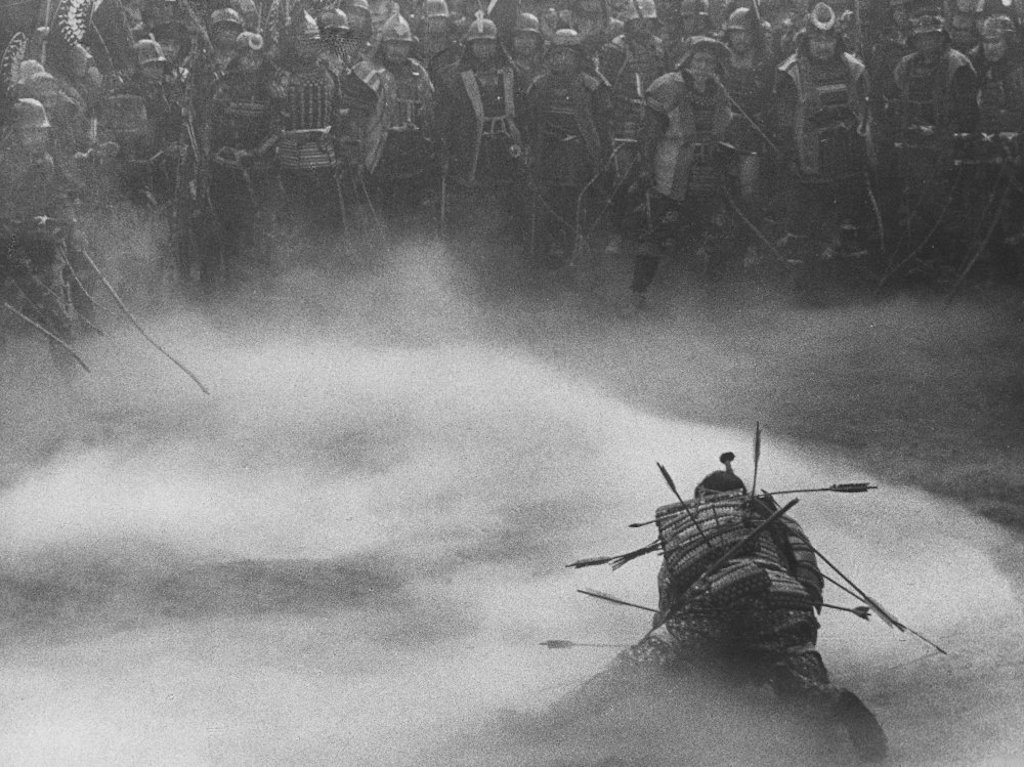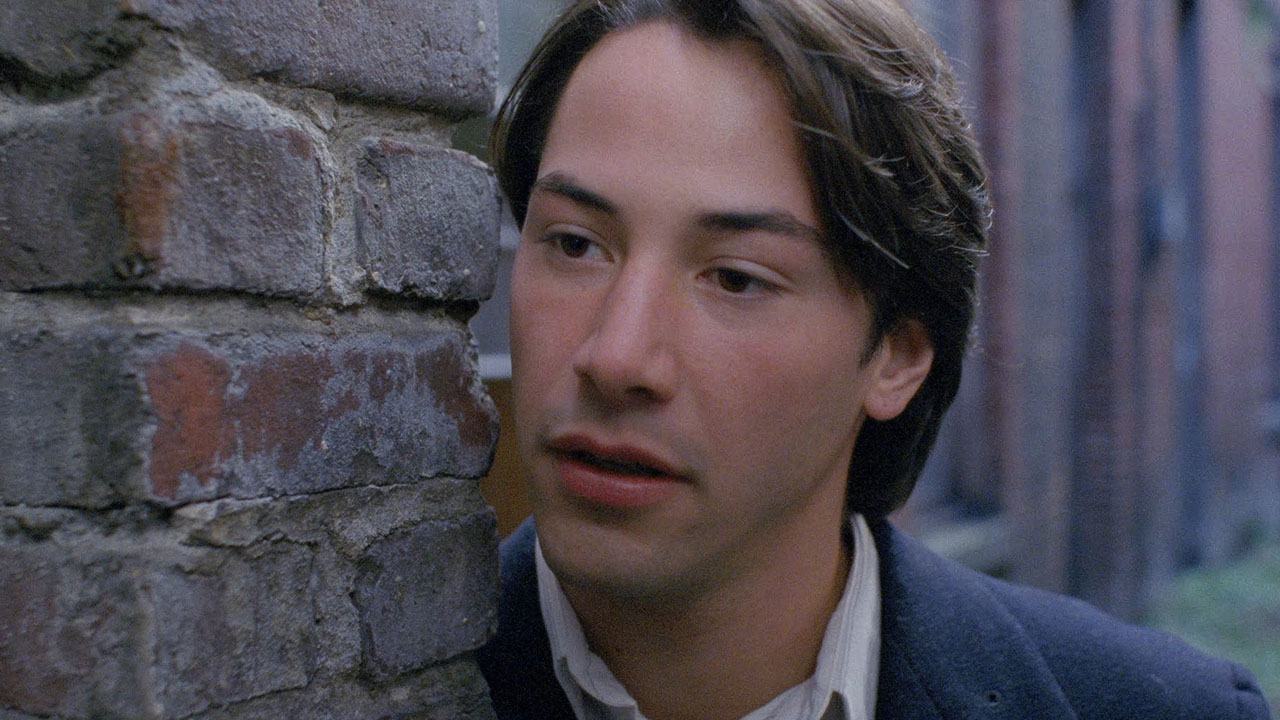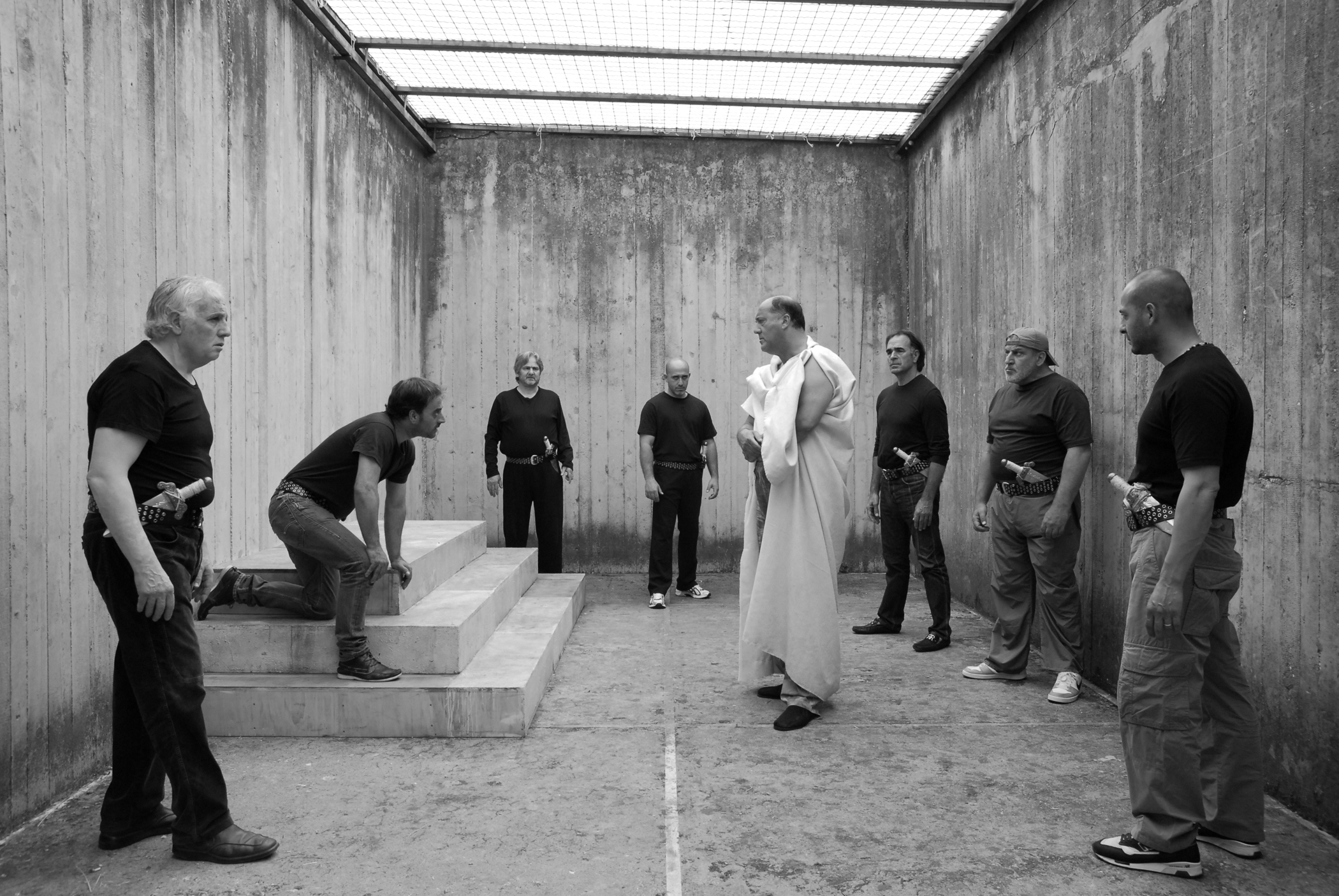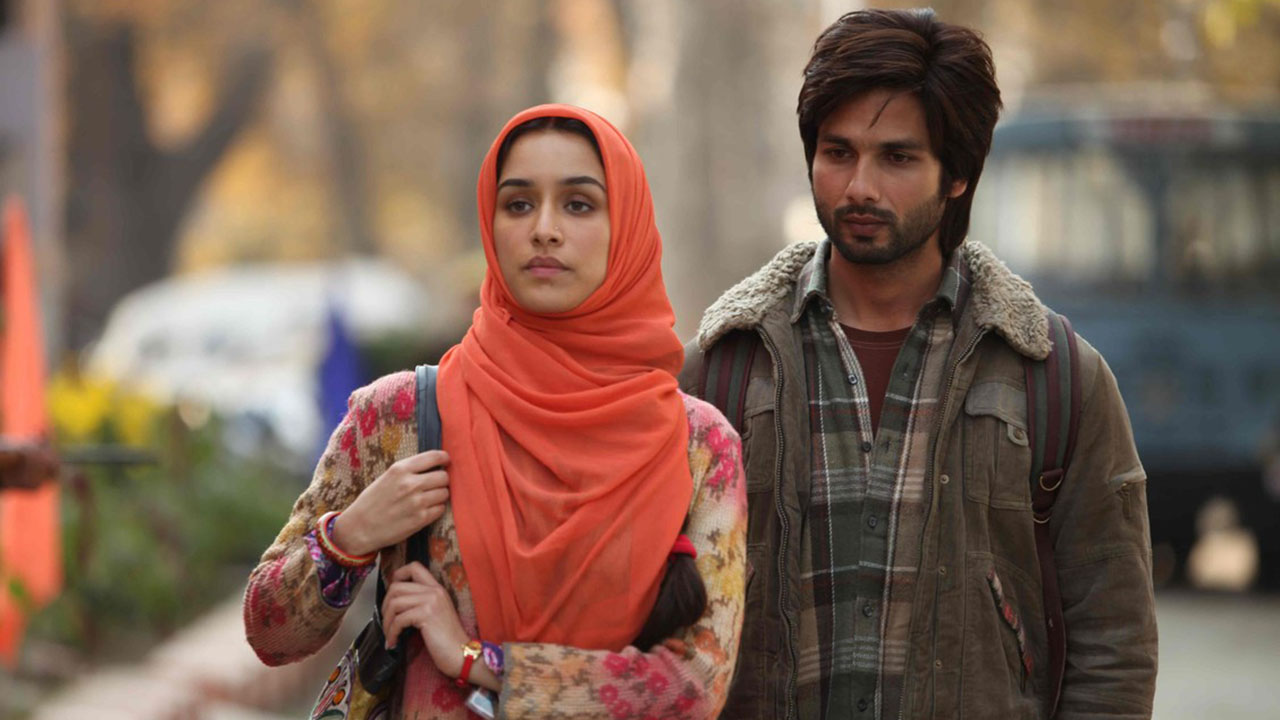For filmmakers, Shakespeare is the gift that keeps on giving. Not only are the Bard’s plays still beloved and resonant almost four centuries after his death, but the richness and complexity of his verse—which can sometimes introduce entire new layers of meaning with just the turn of a phrase—allows for multiple and never-ending readings. Indeed, some of the best cinematic Shakespeare adaptations reinvent his stories within new social and cultural contexts, taking the same creative liberties with his work that he took with the English language.
To celebrate Shakespeare Day, which marks the anniversary of the playwright’s birth, as well as death, here are five of the most inventive celluloid versions of his work.
Throne of Blood (1957)
When Akira Kurosawa’s magnificent samurai-epic adaptation of Macbeth was released in 1957, some Western critics refused to recognize it as Shakespeare because it didn’t make use of Bard’s text or language. But Throne of Blood, although steeped in the history and myth of Japan, is thoroughly Shakespearean in a different way. For one, its style is deeply rooted in theater. The film’s bare, painterly sets and its flute-and-drum score are inspired by the Japanese tradition of Noh drama, as are the actors’ mask-like faces and expressionistic body language. Moreover, Kurosawa—known for his minimalist, yet richly evocative compositions—reifies Shakespeare’s words, if not through dialogue, then through mise-en-scène. Bodies drift like omens across the film’s gloomy, barren landscapes and stark, high-contrast skies, bringing the play’s ominous atmosphere of “fog and filthy air” to life.
My Own Private Idaho (1991)
Gus Van Sant loosely transposes elements of Shakespeare’s Henriad into the urban squalor of the Pacific Northwest, creating a New Queer parable about the sadly illusory (and heteronormative) American Dream. Prince Hal is interpreted here as the privileged “prick,” Scott Favor (Keanu Reeves), who slums it in Portland’s gay hustler community to rebel against his father, the city’s mayor. His relationship with his Falstaff-ian father-figure, Bob Pigeon (William Richert), hews quite close to the play, and their dialogue beautifully translates Bard’s verse into 90s street jargon, while retaining a (somewhat) iambic rhythm. The heart of the film, however, is Scott’s best friend Mike Waters, a lonely and narcoleptic prostitute played with aching vulnerability by River Phoenix. Although Mike has no direct counterpart in the play, it is through his character that Van Sant explores the film’s most Shakespearean themes: friendship and betrayal, queer desire, and of course, unrequited love.
The Tempest (2010)
Julie Taymor’s flamboyant adaptation of Shakespeare’s final play is fairly classical in form and mostly true to the text, except for one crucial twist: protagonist Prospero is recast as the lady Prospera, played by a formidable Helen Mirren. This gender flip inflects the play’s core themes with distinctly feminist undertones. For one, Prospera is robbed of her Dukedom not for being too distracted by magic to rule, like her male counterpart in the play, but by being accused of witchcraft. “Others of my sex have burned for far less,” she hisses in a memorable line. The island becomes a refuge from male-centric society for Prospera and her daughter Miranda, whose tender and protective relationship is a welcome change from the play’s oppressively patriarchal father-daughter dynamic. Taymor mounts a somewhat extravagant and CGI-heavy production, but the sight of Helen Mirren perched on a mountain in steampunk sorceress-queen attire, making the elements dance with a regal flick of her wand, makes it more than worth it.
Caesar Must Die (2013)
This Taviani brothers’ film isn’t exactly an “adaptation,” although its experimental drama-within-a-docudrama format defies easy classification. Shooting within Rome’s high-security Rebibbia prison, the filmmaker’s capture the production of Julius Caesar put on by inmates as part of a rehabilitative program. But—and herein lies the twist—the Tavianis stage almost every part of the film, including the auditions and rehearsals. The result is a thrilling blend of fact and fiction that gives new meaning to Shakespeare’s words. Captured in harsh black-and-white, men convicted for homicide and mafia-related crimes recite impassioned monologues about honor and betrayal and debate Caesar’s murder with a riveting, deeply felt intensity.
Haider (2014)
In the grand finale of Vishal Bhardwaj’s Shakespeare trilogy—which includes 2003’s Maqbool (Macbeth) and 2006’s Omkara (Othello)—the Bollywood writer-director reimagines Hamlet against the blistering backdrop of Kashmir in the 1990s. Haider (Shahid Kapoor) returns home from college to discover that his father, a surgeon, has been “disappeared” by the Indian army for treating insurgents, while his mother is having an affair with his shady, politician uncle. As Haider embarks on a delirious search for his father, encountering both corrupt officials and radical separatists, Bhardwaj produces a remarkable translation that is both faithful to the source text and specific to its cultural context. Lyrical Urdu dialogue substitutes for (and enriches) Shakespearean verse, while Bhardwaj cleverly adapts the play’s characters to the film’s setting—for instance, the ghost of Hamlet’s father is represented here by Roohdaar (“rooh” meaning “soul” in Urdu), a cryptic old man detained and tortured alongside Haider’s father. Most inventive, however, is Bhardwaj’s synthesis of Shakespeare and Bollywood. He transforms the famous mousetrap scene from Hamlet into a stunningly shot song-and-dance sequence inspired by Kashmiri folk performance.
Need more Shakespeare in your life? Watch Peter Hall’s A Midsummer Night’s Dream or check out our Spotlight on Shakespeare to see all of Fandor’s films based on The Bard’s work.
Devika Girish is a freelance film critic. She writes for Film Comment, Village Voice, Reverse Shot, Vague Visages, and MUBI’s Notebook, among others. She grew up in India, studied film and critical theory at Brown University, and will soon start a Master’s in Specialized Journalism at the University of Southern California. Read her writing at devikagirgayi.wordpress.com or follow her @devikagirgayi on Twitter.









